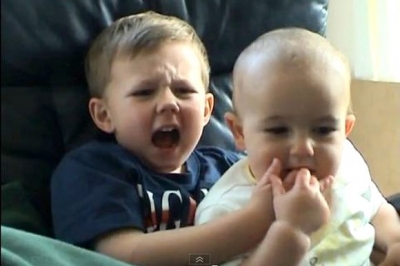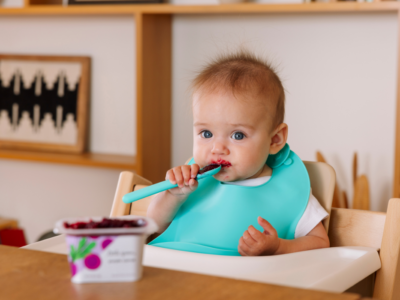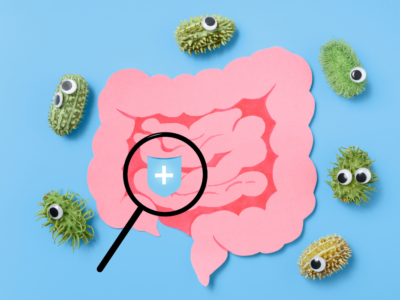I think every parent has the expectation that their child will be the good one in the class. The one that exudes the ideal behavior to which other parents aspire. If nothing else, parents hope that their kid will understand that actions like hitting and biting are not ok. I mean, if there’s no biting or kicking at home, there should be no reason they should think these are normal actions…right?
Wrong!
Our son was initially the victim. It seemed like it was every day we were getting notifications from his daycare about another kid biting him and we were angry with them again refusing to tell us who the child was. If we only knew, we thought, we could tell our son to stay away from the problem child and everything would be resolved.
And then, the tables quickly turned. The new updates were, instead, about our child’s actions. The daycare told us about the circumstances driving him to bite and his reaction when they told him to stop. Was he just acting out now because he was tired of being the victim? It was hard to fault him for trying to assert himself against this faceless bully. Was this just his way of standing up for himself?
The more I read and asked around (friends, the pediatrician and daycare), I learned that this is a totally normal developmental phase for many kids. It’s a combination of several things at play. The discomfort of teething, where everything is hurting them and they don’t understand why. And the frustration of living with a very limited vocabulary – trying to communicate with everything in the world around them and not being able to do so. Toddler mood swings are very much a factor. The truth is that the majority of kids go through this phase as a normal part of their development. Thankfully, it does pass.
Hitting though? Hitting can come at a later stage. Late enough that we assumed that had to be a red flag—right? Again, not necessarily. Aggression can come out in children amidst the process of developing verbal skills, especially when those toddler emotions are still kicking into high gear.
Once kids begin to understand the consequence of their action and more about social norms (i.e. that’s not cool) they will move away from this being their go-to response. In the meantime, below are some ways to help tackle toddler hitting and biting head-on.
- Correct the behavior when you experience it firsthand. Save the timeouts and deeper lectures for when they hit or bite you—or in front of you. Those discussions should directly follow their action, otherwise they won’t make the same connection between their action and your reaction.
- “Use your words.” Our daycare used this phrase with our kid and it’s such an important one. Encouraging them to communicate through words instead of action is one of the most important things you can do.
- Talk about their feelings. Ask them different questions to try to get into the “why” behind their action. More than likely, they won’t be able to fully express it but it sends an important message to them—that it’s okay for them to experience emotions and to feel comfortable sharing them with you. It’s never too early to make that clear.
- Get some children’s books on these topics. With reading such an important part of the nighttime routine, adding some books on these aggression in toddlers (with a kid spin on them, of course) can be helpful. We were fans in particular of the “Little Dino” series and the “Teeth Are Not for Biting” series. After a few weeks, our child could basically recite them back to us!And of course remember it’s only a phase. It passes quicker than you think and before too long, it too will feel like a distant memory. My parents couldn’t even remember if I went through this phase, so hopefully that means we won’t either.
Image credit:
Healthychildren.org



